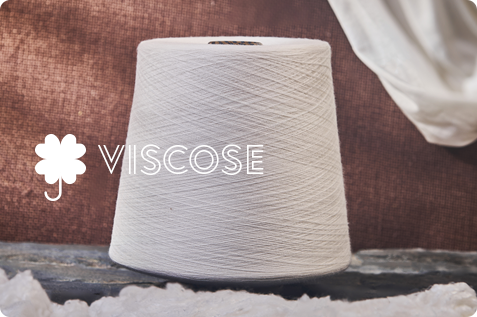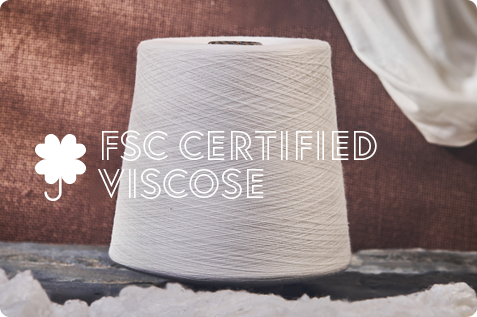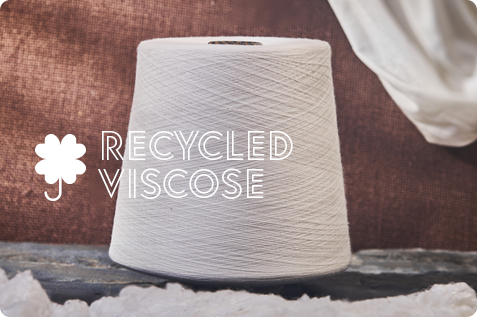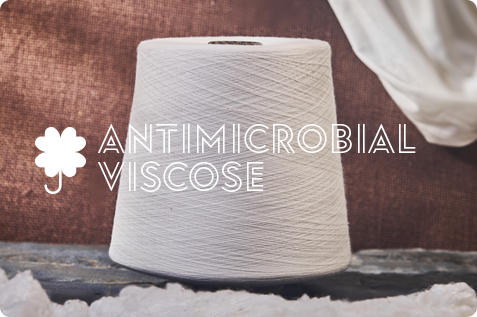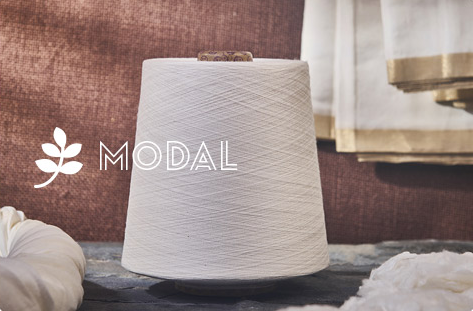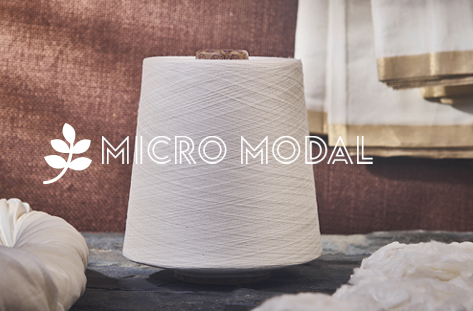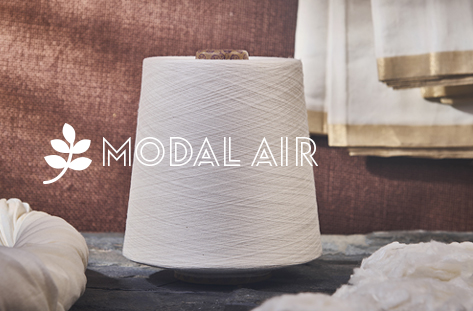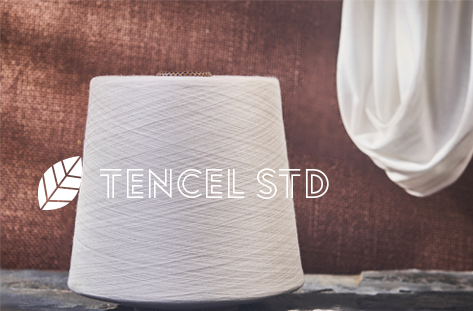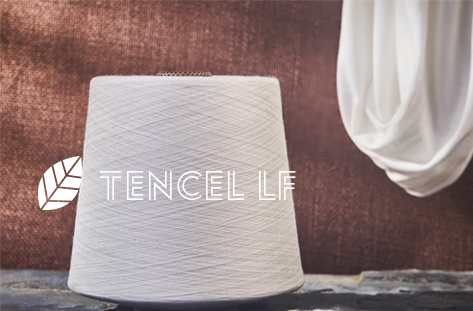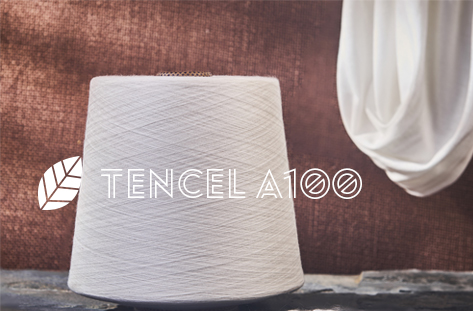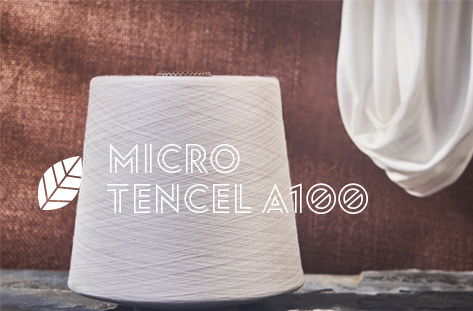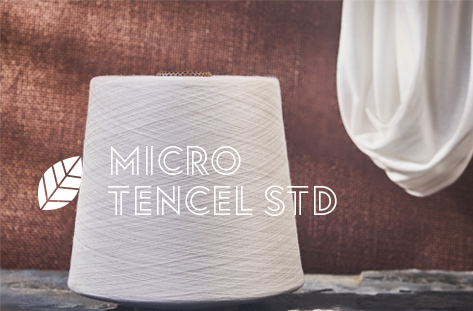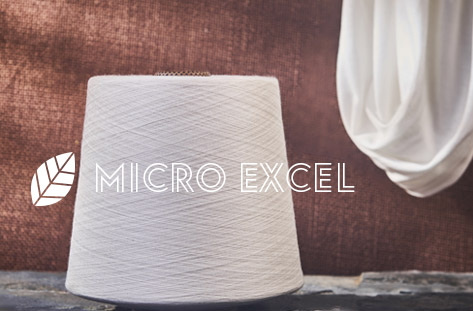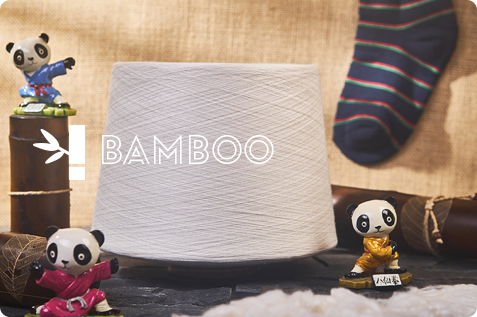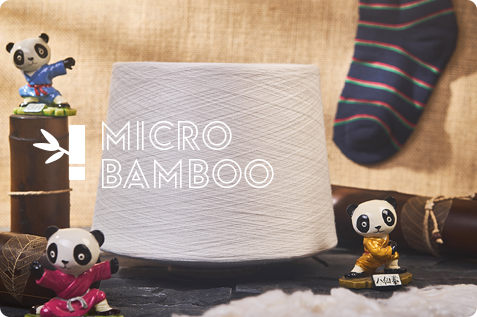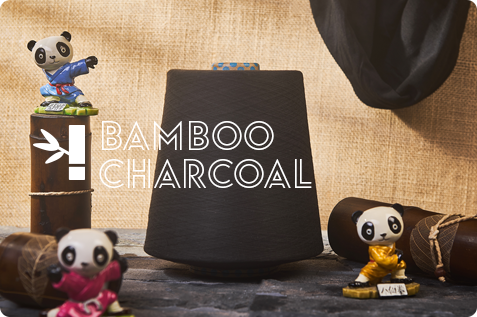Exercitation ullamco laboris nis aliquip sed conseqrure dolorn repreh deris ptate velit ecepteur duis.
Get in touch
- Kamaraj Nagar Colony, Salem 636 014, Tamilnadu, India
- corporate@sambandam.com
- +91 427 2240790
- Monday to Friday: 9am to 6pm
Error: Contact form not found.
- Kamaraj Nagar Colony, Salem 636 014, Tamilnadu, India
- Support +91 427 2240790

Cellulosic fibres, including Viscose/Rayon, Lyocell, Modal, and Bamboo are the second most important group of cellulosic fibres after cotton, and rapid growth is expected for this fibre group in the future.
Cellulosic fibres come from plants, most often trees, which are chipped and
processed into pulp before being processed into fibers. The basic raw material is
wood, typically from relatively fast growing species such as eucalyptus, pine, and beech.

Viscose yarn, the first ever manufactured fiber, is made by heavily processing cellulose of wood pulps. Unlike synthetic yarns like polyester, it is made from natural materials and has a number of similar properties of cotton, linen etc.
FSC Certified Viscose, will be from sources which are processed from sustainable managed plantations. In today’s market, customer requirement moving toward sustainable fashion and FSC Certification of the raw material helps in ensuring that the plantation will be managed as per the principle and criteria laid down by the FSC.
Recycled Viscose is manufactured using 80% viscose pulp and 20% of recycled garment with lower water consumption and lower green gas emission.
Anti-Microbial Viscose: This special fiber inherently posses anti-mictobial properties which inhibits growth of microbes on textile and kill them to the extent of 99%. This makes applications like home textiles and apparels without compromising on performance. During the fiber manufacturing process an active agent is injected which becomes an integral part of the fiber and provide durable anti-microbial properties.
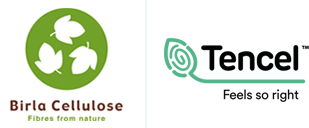
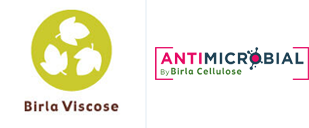
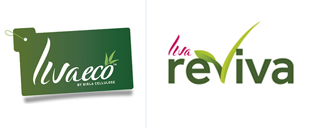
Types

Modal, one of the best manmade fiber, is a type of rayon made out of the pulp of beech trees. It is widely acknowledged in the textile industry for its soft, light weight feel like cotton, silky sheen, high water absorbency, sturdiness and long lasting nature.
Types
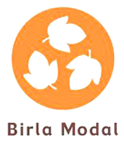


Lyocell is a form of rayon that consists of cellulose fiber made from dissolving pulp using dry jet-wet spinning and is bio-degradable. This fiber is eco-friendly and has the potential for re-use and remanufacture, when compared to viscose fiber. Lyocell fiber can be processed virgin or as blended yarn with cotton, viscose, polyester linen etc. Since the lyocell can be used for wide range of products, the fiber specification will change depending upon the application.
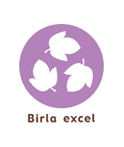

Types

Bamboo yarn is made from the fibers of bamboo – a type of woody grass grown vastly in China. The cellulose fibers are extracted by breaking down the stalks of the bamboo plant and then treated to make fine bamboo yarns. At the end of the process, these yarns are soft, have a silky texture with a subtle shine, and excellent draping quality.
At SSM, we manufacture fine bamboo yarns that come in variety of colours, weights, strands and thicknesses. Sourced from the best of raw materials, these 100% Bamboo and blended Yarns offer excellent softness and silkiness making it a great alternative for silk. Further, its breathability, natural coolness, anti-bacterial properties make it an excellent choice for designing fabrics meant for warm weather wear.
Bamboo charcoal fiber use is an emerging trend in the fashion industry to combine fashion with function. Bamboo charcoal is created by heating bamboo at high temperatures and then the charcoal itself is processed and mixed in pulp stage as part of the growing field of nano technology. The bamboo charcoal is used for ease on sensitive skin, superior absorption & deodorizing ability, anti-pilling, far infrared radiation properties, superior washing and durability, moisture regulation, thermal regulation, promotes better heath and anti-microbial functions.
